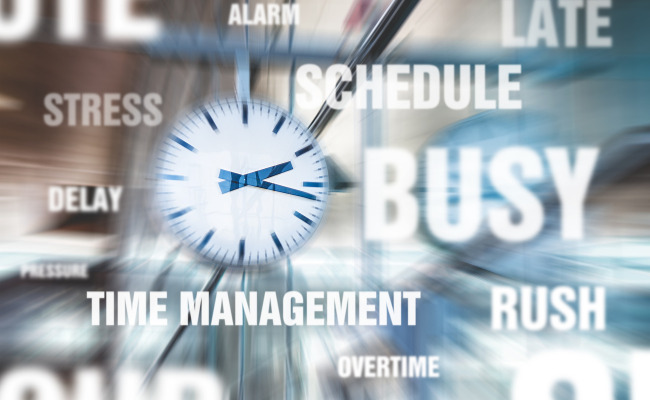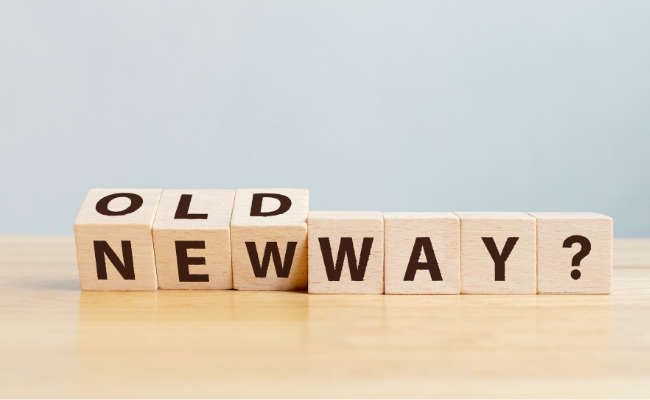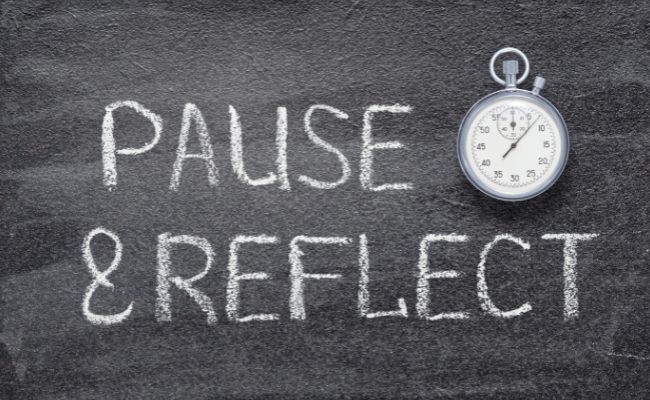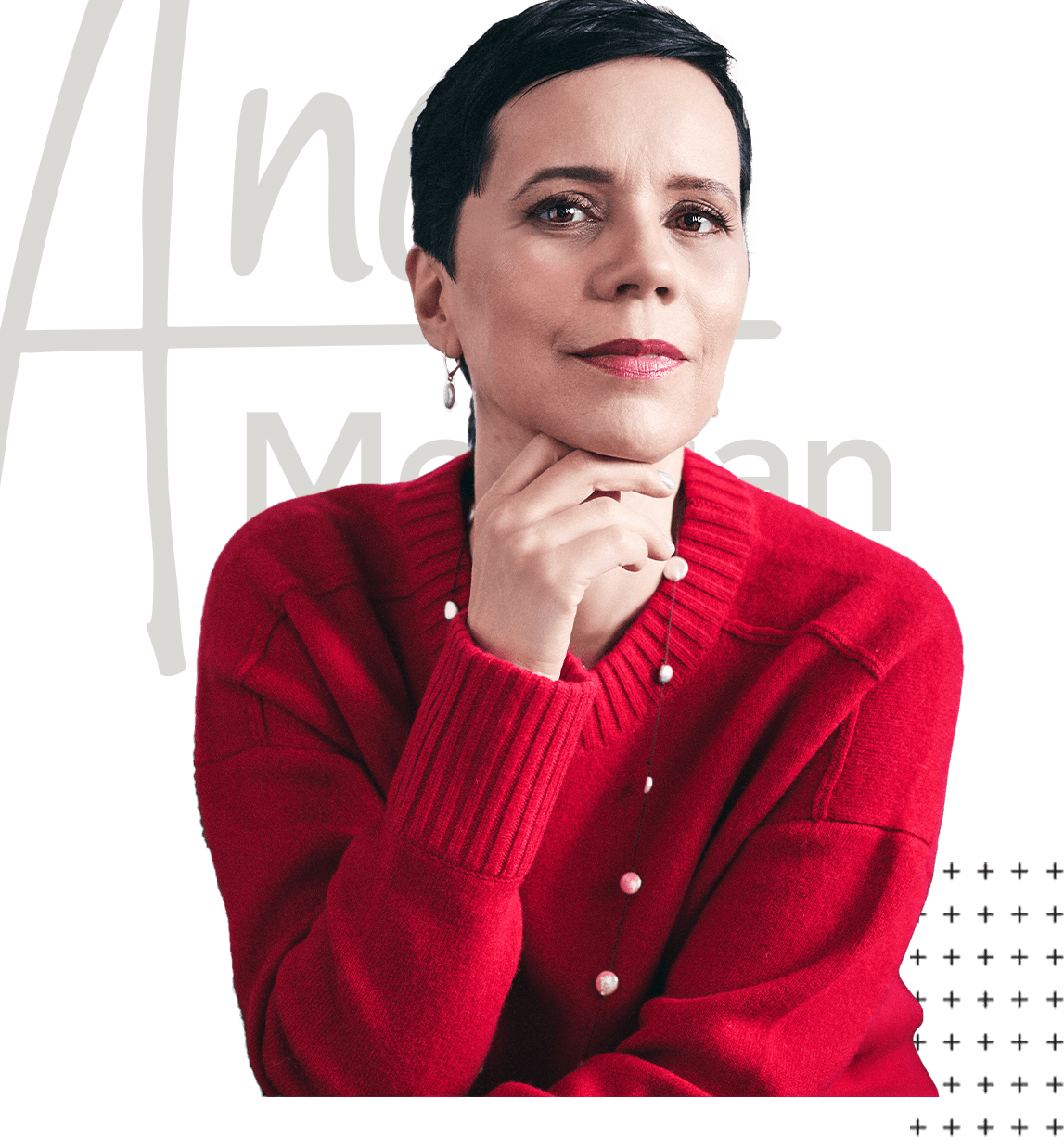Preventing Burnout and Embracing Wellness: Jen Du Plessis interviews Ana Melikian, Ph.D.
“We have to develop that capacity of pressing the pause button.”
– Ana Melikian
I had the delight of being interviewed by Jen Du Plessis for the Success to Significance podcast. Jen asks me about my journey to helping others prevent burnout and how my own experiences led to how I live life today.
We discuss:
- Navigating external stressors and releasing what we can't control
- Why sometimes you need to change your method to get results
- Practical tips for preventing burnout (and what works for me)
Navigating external stressors and releasing what we can't control

From economic stress to relational stress to job stress, external factors can weigh heavy on us if we’re not careful. We can run ourselves ragged, trying to control external forces.
But the truth is, the only thing we can control is ourselves. The only thing in our power to shape and mold is between our ears.
Sometimes, life throws us lemons—and other times, watermelons—and we do our best to roll with the punches.
The glorification of busyness has a cult following, especially here in the States. People earn awards for being “Most Busy,” and sometimes we even treat it like a competition, trying to position ourselves as the busiest one in the group, on the team, as if it’s a badge of honor to leave no room for anything but work work work.
And yet, that is proven time and time again to be detrimental to our health. Working hard can be valuable, but working smart is essential.
To avoid getting sucked into the vortex of news and politics and workplace dynamics, we must aim to stand on solid ground. Think of a wheel spinning rapidly, with each spoke representing an external stressor—it’s our responsibility to find a way to stand in the center to observe without getting swept away.
Why sometimes you need to change your method to get results

For a long time, I was known as an energizer bunny, dedicated to working hard and running myself ragged in pursuit of my goals. That method served me well—until it didn’t.
Those who know my story know I’m a cancer survivor. It was that diagnosis that woke me up and made me realize it was time for a change. Not only to survive but to thrive. I was forced to re-evaluate how I lived and worked.
Think of the professional athlete. They train rigorously to perfect their craft. They’re disciplined, dedicated, and relentless. However, they do one thing that enables them to keep up that pace—they build in recovery time. They let themselves rest and recharge.
Without properly warming up and cooling down, they could cause themselves injury or other health risks.
We have the same responsibility to our bodies, whether we’re throwing javelins and running track or juggling workloads. We still operate with the same basic rules and needs.
If I had let myself have those downtimes, I may not have had the diagnosis that I did. We must listen to our bodies and give ourselves the chance we deserve for a balanced and restful life.
Practical tips for preventing burnout (and what works for me)

We don’t have to wait for a crisis to change how we work and live. We can start in little ways at first to build up a healthier routine—journaling for a few minutes, taking time to do deep breathing in the mornings, or even shutting our work notifications off in the evenings a few times a week.
We can change from a burnout dynamic to an engaged, connected, and purposeful dynamic without driving ourselves into the ground first.
Jen recalled a relevant quote from a friend: We sacrifice our health for wealth, and then we sacrifice our wealth to regain health.
Hold that idea in mind the next time you’re tempted to work late for the fifth time that week. What are you sacrificing now, and what will it cost you later?
Something I do now to help me press the pause button and recover is keeping my weekends slow and full of priorities that fill me up. That doesn’t mean I don’t ever work on weekends, but it’s a low priority. I’m more likely spending my time prioritizing reading, going to a play, or getting out in nature.
Have you struggled with burnout? What do you do to recover in your life?
Be sure to check out the whole episode for further insight into preventing burnout!








